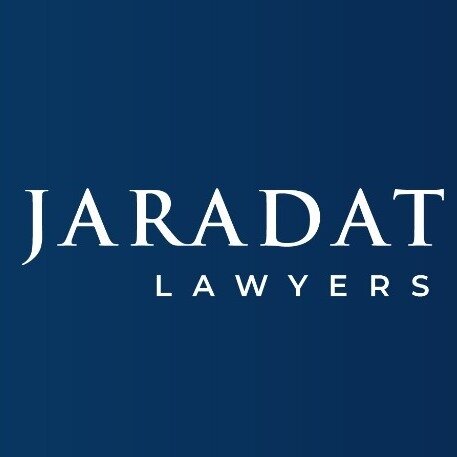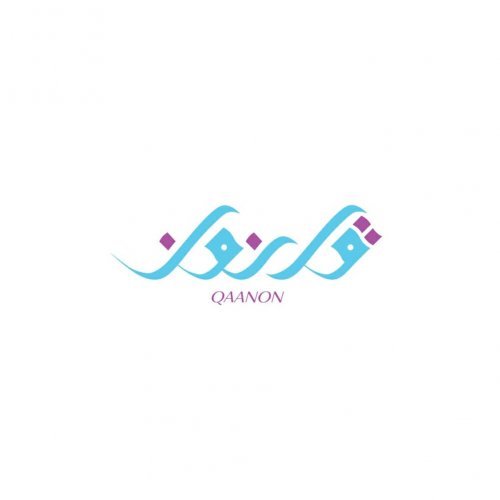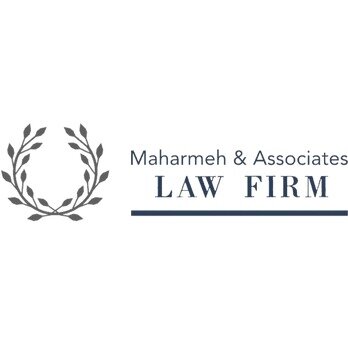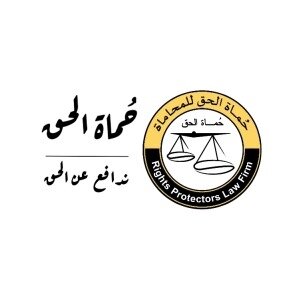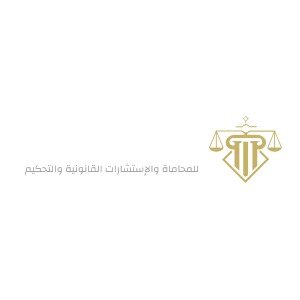Best Renewable & Alternative Energy Lawyers in Amman
Share your needs with us, get contacted by law firms.
Free. Takes 2 min.
List of the best lawyers in Amman, Hashemite Kingdom of Jordan
About Renewable & Alternative Energy Law in Amman, Hashemite Kingdom of Jordan
Amman, the capital of the Hashemite Kingdom of Jordan, has witnessed significant growth and development in the field of renewable and alternative energy in recent years. As the country works to reduce its dependence on imported energy and meet rising demand, there has been strong governmental support for clean energy initiatives. Renewable and alternative energy law in Jordan covers a wide range of legal disciplines, including electricity generation, project financing, land use, environmental regulation, licensing, and contractual matters relating to solar, wind, biomass, and other renewable resources. This legal framework is particularly relevant in light of Jordan’s commitment to the Paris Agreement and local ambitions to increase renewable energy’s share in the national energy mix.
Why You May Need a Lawyer
Individuals and businesses may require legal help in renewable and alternative energy for a variety of situations, such as:
- Understanding and navigating the regulatory requirements for establishing renewable energy projects
- Drafting, reviewing, and negotiating power purchase agreements and other critical contracts
- Securing permits and approvals from government authorities
- Managing land acquisition or leasing for energy installations
- Addressing disputes related to energy project development or operation
- Ensuring compliance with environmental standards and impact assessments
- Structuring project finance and investment agreements
- Dealing with intellectual property rights in innovative energy technologies
- Responding to changes in energy tariffs or incentive programs
- Advising on mergers, acquisitions, or joint ventures in the renewable energy sector
Local Laws Overview
Jordan has introduced several key laws, regulations, and incentives that shape the landscape for renewable and alternative energy in Amman and beyond. The most significant legal instrument is the Renewable Energy and Energy Efficiency Law (No. 13 of 2012), which establishes a supportive framework for the direct proposal of renewable energy projects. This law and its amendments allow the private sector to propose, develop, and operate renewable energy projects under agreements with the Ministry of Energy and Mineral Resources (MEMR) and the National Electric Power Company (NEPCO).
Other important aspects include the Environmental Protection Law, which mandates environmental impact assessments for new projects, and regulations governing net metering and wheeling that enable consumers to generate their own renewables-based electricity. Licensing procedures are overseen by the Energy and Minerals Regulatory Commission (EMRC), which ensures compliance with safety, technical, and operational requirements. Incentive programs, often in the form of customs and tax exemptions, are also available to encourage investment in renewable energy technologies.
Frequently Asked Questions
What are the most common types of renewable energy projects in Amman?
Solar photovoltaic installations, both small scale (rooftop) and utility scale, are the most prevalent. There is also growing interest and investment in wind energy and, to a lesser extent, biomass projects.
Do I need a license to install solar panels on my property in Amman?
Yes, installing solar panels typically requires permits from the local municipality and compliance with regulations from the Energy and Minerals Regulatory Commission. A licensed installer can help navigate these requirements.
What incentives does the Jordanian government offer for renewable energy projects?
Incentives include customs and sales tax exemptions for renewable energy equipment, guaranteed grid access for large projects, and the possibility for net metering or wheeling arrangements for consumers generating their own electricity.
How can a foreign investor participate in renewable energy projects in Amman?
Foreign investors may participate through direct proposals, joint ventures with local partners, or by investing in existing projects. Legal assistance is advised for structuring agreements, ensuring regulatory compliance, and protecting investments.
What role does the Ministry of Energy and Mineral Resources (MEMR) play?
MEMR is the main authority responsible for developing national energy strategy, issuing tenders for large power projects, and negotiating direct proposals from private developers.
Are there environmental regulations for renewable energy projects?
Yes, all projects must comply with the Environmental Protection Law, which may require environmental impact assessments to be conducted and approved before project commencement.
Can individuals or businesses sell excess electricity back to the grid?
Yes, Jordan has net metering and wheeling regulations that allow eligible consumers and businesses to sell surplus electricity generated from renewables to the national grid.
What is the process for obtaining project approvals?
The process involves submitting a proposal to the MEMR, securing land rights, obtaining environmental and technical permits, and concluding a power purchase agreement with NEPCO or another authorized entity.
Is legal due diligence necessary for land acquisition in energy projects?
Yes, legal due diligence is essential to verify land ownership, resolve any disputes, and ensure there are no restrictions or encumbrances impacting the intended project use.
What happens if a dispute arises in a renewable energy project?
Disputes may be resolved through negotiation, mediation, or arbitration, often following procedures detailed in project contracts or according to Jordanian law. Legal representation is strongly recommended.
Additional Resources
For specialized information, support, or regulatory guidance in renewable and alternative energy law in Amman, consider consulting the following resources:
- Ministry of Energy and Mineral Resources (MEMR) - Policy and project oversight
- Energy and Minerals Regulatory Commission (EMRC) - Licensing and regulatory compliance
- Jordan Investment Commission (JIC) - Investment incentives and support
- National Electric Power Company (NEPCO) - Grid connection and power purchase agreements
- Jordan Renewable Energy & Energy Efficiency Fund (JREEEF) - Project funding opportunities
- Local law firms and legal consultants specializing in energy and environmental law
- Chambers of Commerce and renewable energy associations
Next Steps
If you need legal assistance regarding renewable and alternative energy in Amman, start by identifying your specific needs, such as regulatory compliance, project structuring, dispute resolution, or contract negotiations. Gather all relevant project documents and background information. Seek a legal consultant or law firm with expertise in energy law and prior experience with renewable projects in Jordan. Schedule a consultation to discuss your objectives, receive an assessment of your legal requirements, and outline a clear plan of action tailored to your project or issue. Taking early legal advice will help ensure your compliance with local laws, maximize available incentives, and reduce risks associated with your renewable or alternative energy initiative.
Lawzana helps you find the best lawyers and law firms in Amman through a curated and pre-screened list of qualified legal professionals. Our platform offers rankings and detailed profiles of attorneys and law firms, allowing you to compare based on practice areas, including Renewable & Alternative Energy, experience, and client feedback.
Each profile includes a description of the firm's areas of practice, client reviews, team members and partners, year of establishment, spoken languages, office locations, contact information, social media presence, and any published articles or resources. Most firms on our platform speak English and are experienced in both local and international legal matters.
Get a quote from top-rated law firms in Amman, Hashemite Kingdom of Jordan — quickly, securely, and without unnecessary hassle.
Disclaimer:
The information provided on this page is for general informational purposes only and does not constitute legal advice. While we strive to ensure the accuracy and relevance of the content, legal information may change over time, and interpretations of the law can vary. You should always consult with a qualified legal professional for advice specific to your situation.
We disclaim all liability for actions taken or not taken based on the content of this page. If you believe any information is incorrect or outdated, please contact us, and we will review and update it where appropriate.



